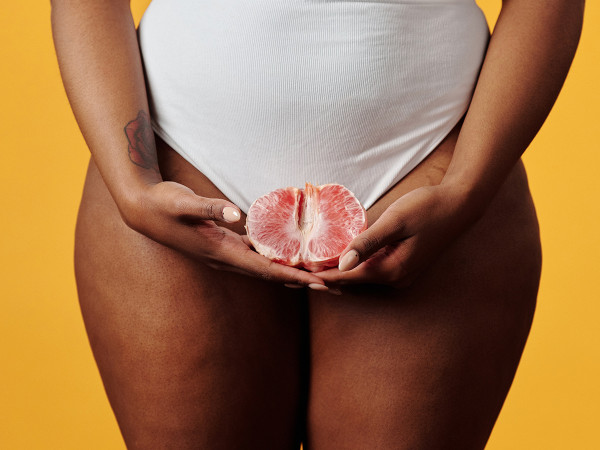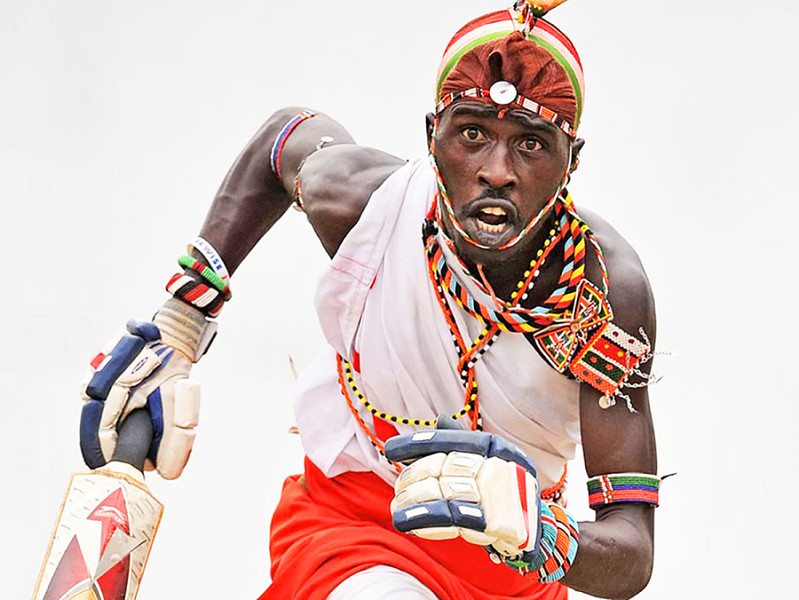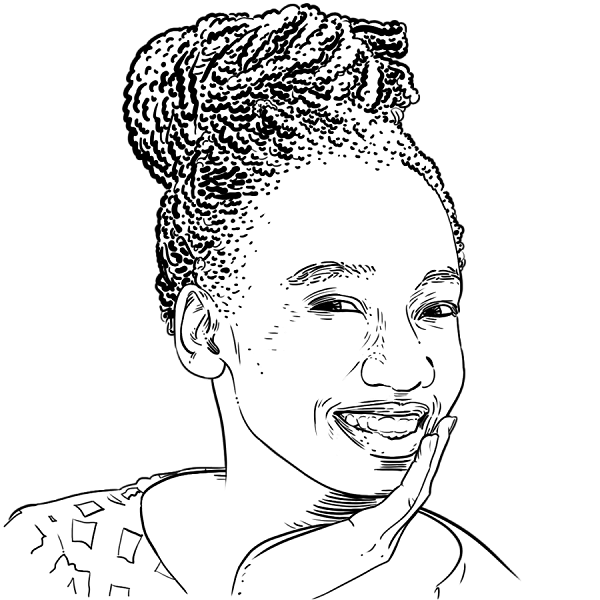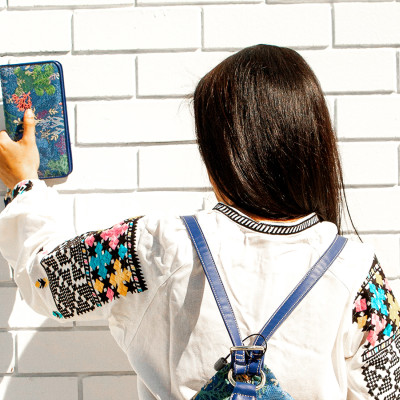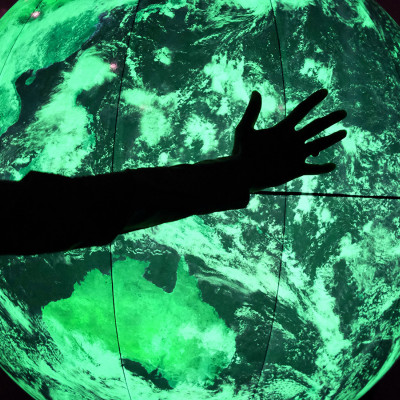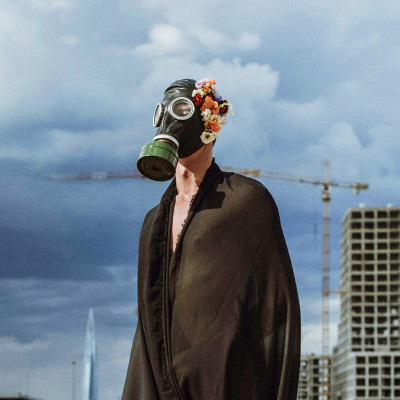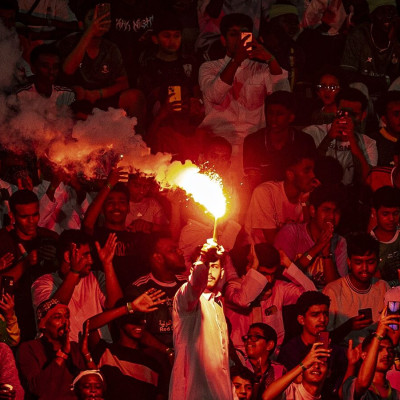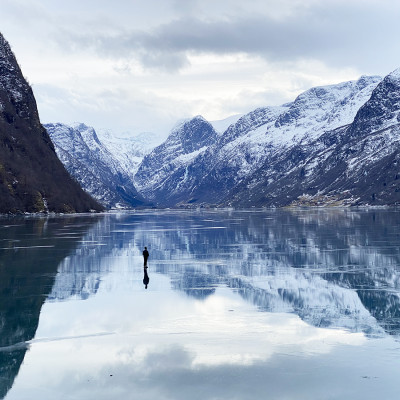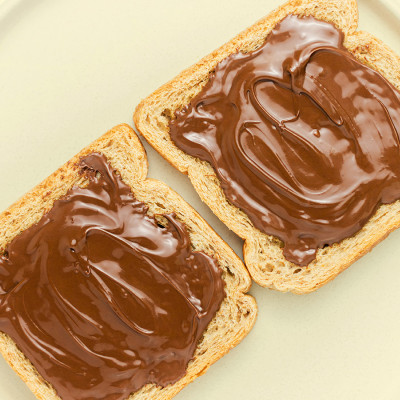Maasai cricket warriors: ending Fgm one game at a time
The Maasai are an ethnic community commonly found in northern, central, and southern Kenya and northern Tanzania. They are known for being nomadic pastoralists and for their distinct attire and dances. What most people may not know is that the community faces the great challenge of eradicating Female Genital Mutilation (Fgm) and early marriage.
According to the World Health Organization, Fgm involves the partial or total removal of external female genitalia or other injuries to the female genital organs for non-medical reasons.
For the Maasai, the practice is carried out as a rite of passage. The practice is harmful because it can cause severe bleeding and problems urinating, later cysts, infections such as HIV, as well as complications in childbirth, and increased risk of newborn deaths.
Cricket was introduced to the Maasai by a South African lady, Aliya Bauer in 2007 who was doing research on baboons in Laikipia, located on the equator in the Rift Valley region in Kenya.
Word spread rapidly to other villages about the game and she brought cricket gear from South Africa and started coaching with the assistance of the United Kingdom Non-Governmental Organization, Cricket Without Boundaries.
The game emulates some aspects of the Maasais’ way of life; hence, it was easy for them to pick up the game. For instance, balling emulates spearing, and batting mimics shielding. The Maasai Warriors do also distinguish themselves because they do not play the sport using conventional attire but, instead, play the sport while adorning their traditional attire.
The sport has been used to promote good things in society with the greatest focus being the eradication of Fgm and early marriage. When the warriors first began community sensitization against the harmful practices, there was a lot of resistance as the Maasai are patriarchal, and teaching against Fgm and early marriage is contrary to the elders’ and cultural values. However, most of the elders later gave in and joined in actively campaigning against the practices.
The sport is also important because it promotes ‘Ubuntu’, an African philosophy that places emphasis on being humane and ensuring that human dignity is always at the core of your actions, thoughts, and deeds when interacting with others.
Curious villagers are brought together and in this way, they are able to learn and spread the word about the dangers of the practices in their villages. Additionally, in the process of learning, the warriors are able to get information when interacting and attention is brought to areas where the practices are still happening. The warriors then visit these areas and carry out sensitization and counseling for the victims.
Oftentimes, girls that resist the practice face a lot of stigmatization as they are spited by some community members and suitors frown from approaching them. The women’s cricket teams of the Maasai have been formed and act as support groups for the girls. They are able to find safety in numbers and resist the urge to undergo the practices just to fit in.
The warriors compete in international games and the opportunity to travel also opens their eyes to development through exposure to the rest of the world. The sport also creates a forum for the warriors to educate the community on the importance of conservation. Funds raised by competing teams in contests such as the Last Man Stand Championships were used in 2017 to attempt in-vitro fertilization to prevent the extinction of the endangered Northern white rhinos due to poaching and loss of habitat. So far, there are only two Northern white rhinos - both females - left in the world as the last remaining male passed away in 2018. Luckily, not all hope is lost for the species as BioRescue announced in 2021 that the in-vitro fertilization attempt was successful and there are now nine pure northern white rhino embryos.
In the famous words of Nelson Mandela, “Sport has the power to change the world. It has the power to inspire. It has the power to unite people in a way that little else does. It speaks to youth in a language they understand. Sports can create hope where once there was only despair. It is more powerful than governments in breaking down racial barriers. It laughs in the face of all types of discrimination”.
Indeed, the Maasai warriors are wardens of change as they enjoy the sport while preserving the good aspects of their culture and promoting the achievement of the Sustainable Development Goals.
